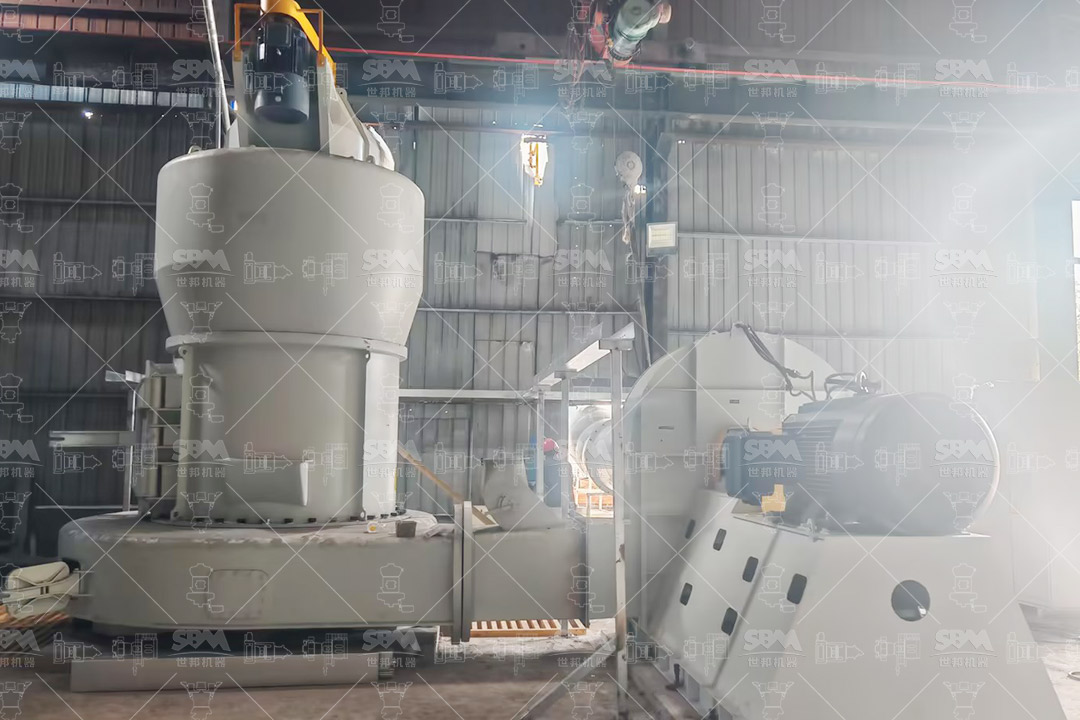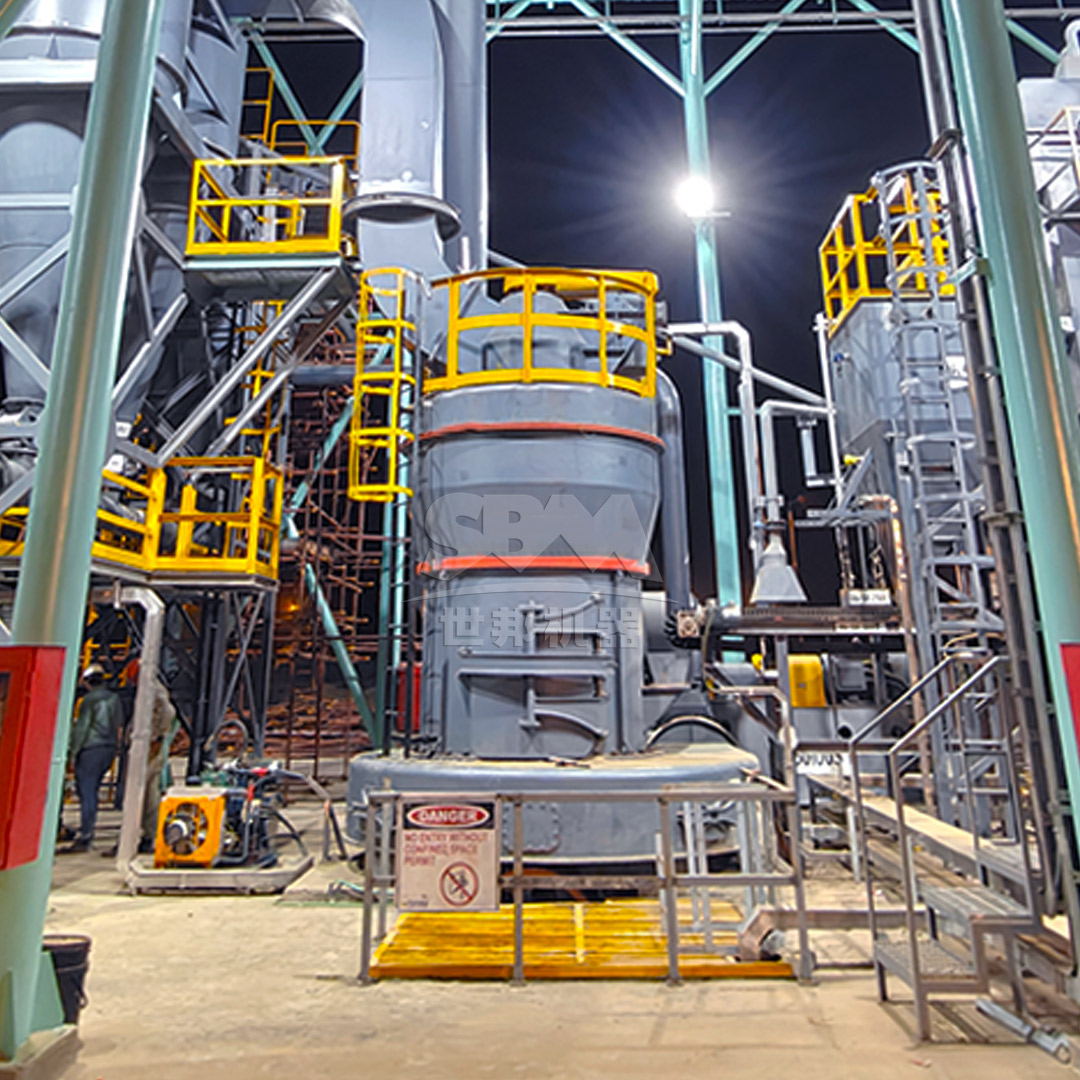Grinding plants are critical assets in the chemical industry, responsible for reducing raw materials to precise particle sizes essential for downstream processes. The operational lifespan of these facilities directly impacts production efficiency, maintenance costs, and overall profitability. This comprehensive guide outlines best practices for maximizing grinding plant longevity while maintaining optimal performance and efficiency.
Establishing systematic inspection protocols forms the foundation of effective preventive maintenance. Daily visual inspections should focus on identifying abnormal vibrations, unusual noises, and temperature variations in critical components. Weekly inspections should include thorough checks of lubrication systems, belt tensions, and alignment of rotating components. Monthly comprehensive assessments should evaluate wear patterns on grinding elements, structural integrity of housing, and performance of classification systems.
| Inspection Frequency | Key Components | Acceptable Parameters | Corrective Actions |
|---|---|---|---|
| Daily | Bearings, Motors, Belts | Temperature <70°C, Vibration <4.5mm/s | Lubrication, Alignment Check |
| Weekly | Grinding Elements, Classifiers | Wear <15% of original thickness | Adjustment, Component Rotation |
| Monthly | Structural Components, Seals | No visible cracks, Zero leakage | Replacement, Reinforcement |
| Quarterly | Electrical Systems, Controls | Insulation resistance >1MΩ | Calibration, Component Replacement |
Advanced predictive maintenance techniques leverage vibration analysis, thermography, and oil analysis to detect potential failures before they occur. Vibration monitoring systems should be installed on all critical rotating equipment, with baseline measurements established during commissioning. Regular oil analysis provides insights into component wear rates and contamination levels, enabling proactive component replacement.

Selecting the appropriate grinding technology for specific chemical applications is paramount for longevity. For ultra-fine grinding requirements in pharmaceutical and specialty chemical applications, the SCM Ultrafine Mill represents an optimal solution. With output fineness ranging from 325-2500 mesh (D97≤5μm) and capacity from 0.5-25 ton/h, this equipment delivers exceptional precision while maintaining operational efficiency. The vertical turbine classifier ensures precise particle size control without coarse powder contamination, while the special material rollers and grinding rings extend service life significantly compared to conventional designs.
When selecting grinding equipment, chemical processors must consider feed material characteristics, required product specifications, and operational environment. Equipment with robust construction, wear-resistant materials, and advanced control systems typically delivers superior lifespan. The MTW Series Trapezium Mill offers excellent durability for medium-fine grinding applications, with curved air channel design reducing energy consumption and combined shovel plates minimizing maintenance requirements.

Maintaining consistent and appropriate feed rates prevents equipment overload and ensures uniform wear patterns. Automated feed control systems should maintain feed rates within 85-95% of equipment capacity, avoiding both underutilization and overloading. For the SCM Ultrafine Mill, the intelligent control system automatically adjusts operational parameters based on real-time feedback of product particle size, ensuring optimal performance while minimizing component stress.
Implementing standardized start-up and shutdown sequences significantly reduces thermal and mechanical stress on grinding equipment. Start-up procedures should include gradual equipment loading over 15-30 minutes, while shutdown sequences should ensure complete material evacuation from the grinding chamber. These practices prevent material buildup and reduce corrosion potential during idle periods.
| Operational Phase | Key Parameters | Duration | Critical Checks |
|---|---|---|---|
| Pre-startup | Lubrication Levels, Clearances | 15 minutes | Foreign Objects, Component Freedom |
| Initial Operation | Vibration, Temperature, Noise | 30 minutes | Gradual Loading, Parameter Stability |
| Normal Operation | Capacity, Product Quality | Continuous | Consistent Performance, Efficiency |
| Shutdown | Material Evacuation, Cooling | 45 minutes | Complete Clearing, Temperature Normalization |
Strategic selection of wear-resistant materials for grinding components dramatically extends equipment lifespan. High-chromium alloys, ceramic composites, and specialized hardened steels provide superior resistance to abrasive and corrosive chemical materials. The SCM Ultrafine Mill utilizes special material rollers and grinding rings that demonstrate several times longer service life compared to standard materials, significantly reducing replacement frequency and maintenance downtime.
Implementing systematic rotation schedules for symmetrical wear components ensures even distribution of wear forces. This practice extends the service intervals for critical components by 30-40% and maintains grinding efficiency throughout the component lifecycle. Regular inspection and measurement of wear patterns enable predictive replacement scheduling before performance degradation occurs.
Choosing lubricants specifically formulated for grinding equipment in chemical environments prevents contamination and ensures optimal performance. Synthetic lubricants with extreme pressure additives, anti-wear properties, and corrosion inhibitors provide superior protection in high-temperature, high-load applications. Lubricant selection should consider operational temperature ranges, load characteristics, and potential chemical exposure.
Implementing automated lubrication systems ensures consistent lubricant delivery while reducing manual intervention requirements. These systems maintain optimal lubrication levels, prevent overlubrication and underlubrication, and provide monitoring capabilities for lubricant consumption patterns. Automated systems typically reduce lubricant consumption by 15-25% while improving equipment reliability.

Effective dust control preserves equipment integrity while ensuring regulatory compliance and operator safety. Pulse dust collection systems with efficiency exceeding international standards, such as those integrated into the SCM Ultrafine Mill, prevent fine powder accumulation in equipment internals and working environments. Regular inspection of filter elements, proper maintenance of airlocks, and monitoring of pressure differentials ensure continuous effective operation.
Implementing noise control measures protects both equipment operators and surrounding communities while indicating proper equipment operation. Acoustic enclosures, vibration damping mounts, and proper maintenance of moving components maintain noise levels below 75dB. The SCM Ultrafine Mill incorporates soundproof chamber design that achieves noise levels ≤75dB, creating a safer working environment while indicating optimal mechanical condition.
Establishing comprehensive performance monitoring systems enables early detection of efficiency degradation and potential failures. Critical parameters include specific energy consumption, product quality consistency, vibration profiles, and temperature trends. Automated data collection and analysis facilitate condition-based maintenance scheduling and operational optimization.
Implementing digital twin technology for grinding plants creates virtual replicas that simulate operational scenarios and predict maintenance requirements. These systems analyze historical performance data, current operational parameters, and component wear patterns to optimize maintenance schedules and extend equipment lifespan through predictive interventions.
Well-trained operators represent the first line of defense against premature equipment degradation. Training programs should cover equipment principles, normal operational parameters, early fault recognition, and proper response procedures. Regular refresher courses and competency assessments ensure maintained proficiency and awareness of best practices.
Developing and implementing detailed standard operating procedures ensures consistent equipment operation across shifts and operators. These procedures should specify acceptable operational parameters, routine inspection requirements, proper adjustment techniques, and emergency response protocols. Regular review and updating incorporate lessons learned and technological advancements.
Extending the lifespan of grinding plants in the chemical industry requires a holistic approach encompassing equipment selection, operational practices, maintenance strategies, and continuous improvement. By implementing the comprehensive practices outlined above, chemical processors can significantly extend equipment service life while maintaining optimal performance and efficiency. The integration of advanced technologies like the SCM Ultrafine Mill with its exceptional durability features and intelligent control systems provides a solid foundation for long-term, reliable grinding operations. Through diligent application of these best practices, chemical companies can achieve superior return on investment while ensuring consistent product quality and operational safety.